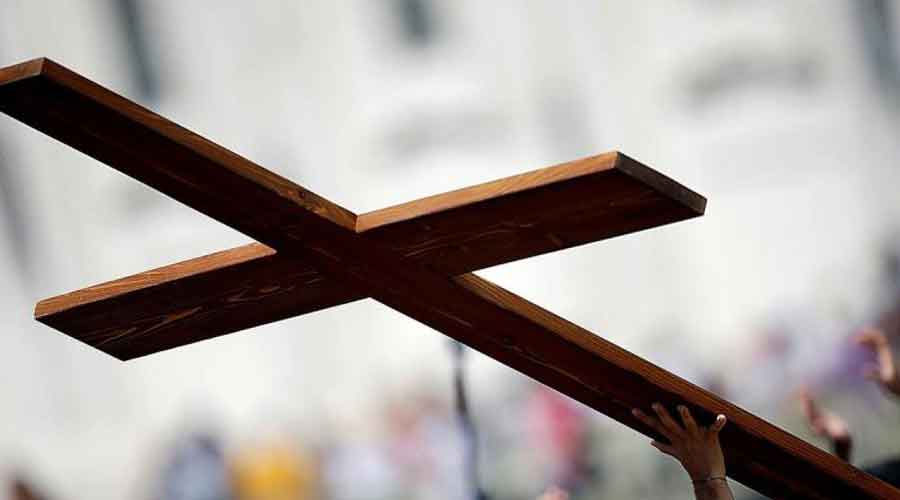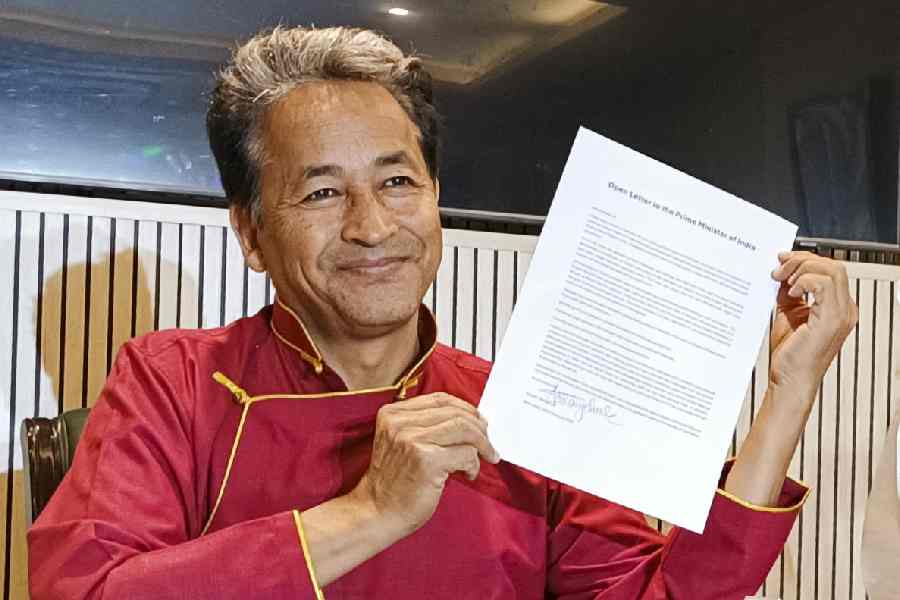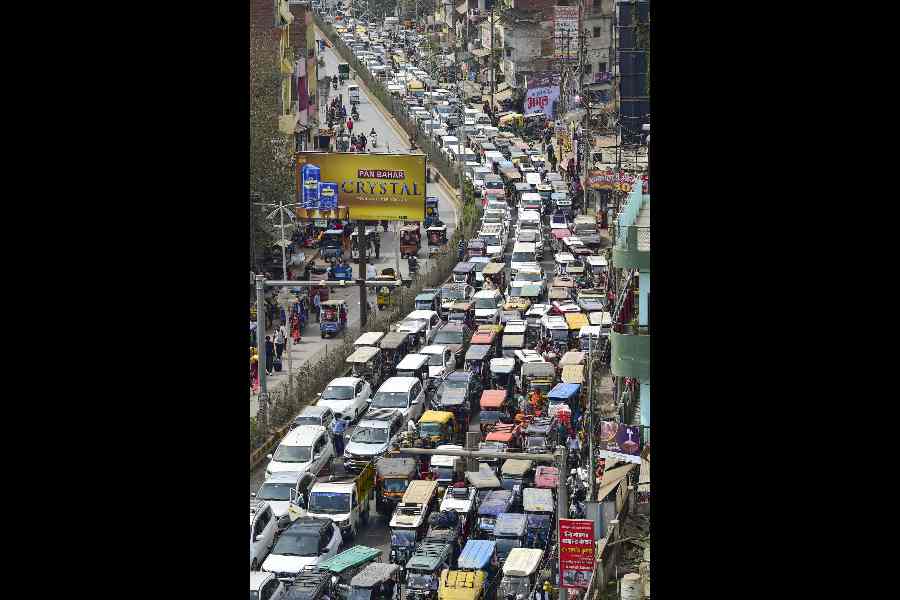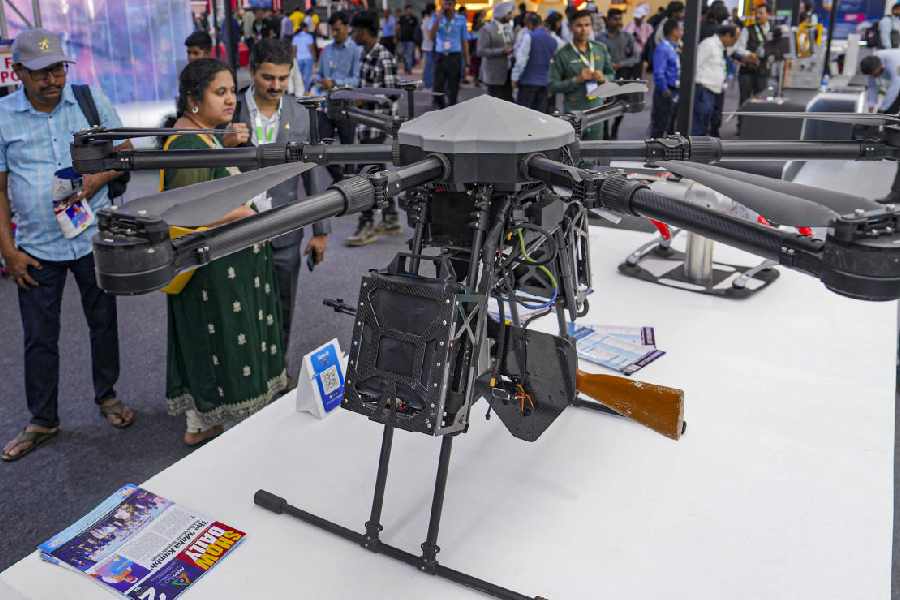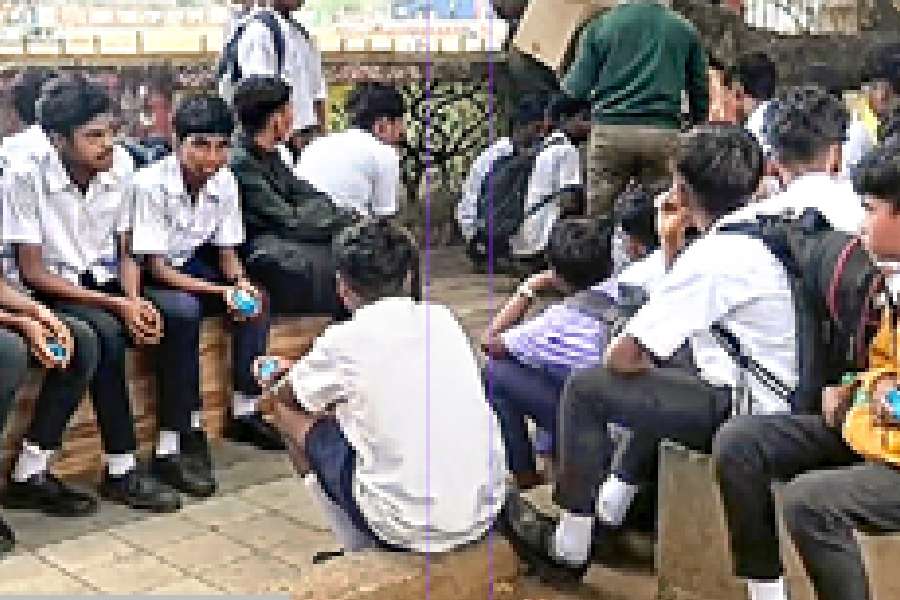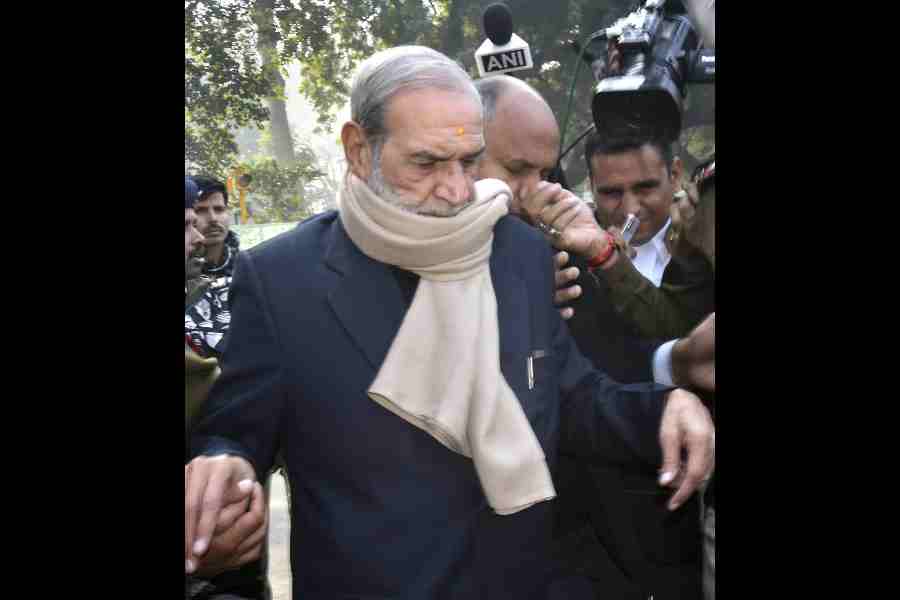Chinese bishops and religious leaders briefed senior Hong Kong Catholic clergymen on President Xi Jinping’s vision of religion with “Chinese characteristics” in an unprecedented meeting organised by the mainland’s representative office in the city, according to four clerics.
The clerics who attended or had knowledge of the October 31 meeting described it as Beijing’s most assertive move yet in its attempts to influence Hong Kong’s diocese, which is answerable to the Vatican and includes some high-ranking leaders who have long been defenders of democracy and human rights in the semi-autonomous territory.
While Hong Kong’s Catholic leaders have met their mainland counterparts individually in the past, it was the first time the two sides had met formally—and the first time mainland religious officials had instigated such a meeting, the clerics said.
Despite the meeting’s symbolism, the mainland officials and religious leaders generally avoided an overtly political message, they said. The meeting, which has not been revealed publicly, also sheds light on what some religious figures, politicians and diplomats describe as the expanding role of Beijing’s Central Government Liaison Office in Hong Kong, which formally represents the mainland in the city but has traditionally kept a low profile.
The Liaison Office and officials from the State Administration of Religious Affairs monitored the Zoom sessions as three leading bishops and about 15 religious figures from mainland China’s state-backed official Catholic church and about 15 senior clergymen in Hong Kong participated in the day-long meeting.
The Vatican regards Hong Kong as a single diocese so it has only one bishop. The Liaison Office and the State Administration of Religious Affairs did not respond to requests for comment.
Susanne Ho, a spokeswoman for the Hong Kong Catholic Diocese, told Reuters the diocese “does not disclose details of private meetings”.
Vatican spokesman Matteo Bruni had no comment. Without mentioning Xi or issuing any instructions or orders, the mainland speakers described how Xi’s policy of “sinicization” aligned with long-term Vatican policies of inculturation — adapting Christianity in traditional, non-Christian cultures, two of the clerics said.
Xi has been an active proponent of sinicization, setting out policies to foster religions with what he calls “Chinese characteristics” and closer ties to the party and state. It includes tying religions more closely to Chinese culture, patriotism and goals of the ruling Communist Party and state to achieve Xi’s “Chinese dream”.
“This was just the first step and I felt they knew that they could not come into this too heavy or dogmatically,” said one cleric.
“We all know the word sinicization carries a political agenda behind it, and they didn’t have to spell that out.”
“Xi was the elephant in the room,” the second cleric said. The Hong Kong side spoke broadly about the long-standing policy of inculturation, avoiding giving any political offence and any topics that could invite mainland interference, the two clerics said.
The meeting came just weeks ahead of the ordination this month of new Hong Kong Bishop Stephen Chow, a moderate Vatican appointment that followed two failed attempts to fill the post after Beijing had sought to influence the decision, amid other pressures. The Hong Kong side was led by a senior priest, Reverend Peter Choy, a figure widely seen by local Catholics as close to Beijing and, earlier, its preferred choice for bishop.
Chow, Bishop-elect at the time, attended the event only briefly after it was opened, which may give him room to manoeuvre in future, three of the clerics said.
Acting Bishop Cardinal John Tong opened and closed the event, they said. A diocese spokesperson said Choy, Chow and Tong had no comments.
While some of Hong Kong’s government and commercial elites are Catholic and pro-Beijing, including the city’s leader Carrie Lam, other Catholics have long been active in the pro-democracy and anti-government activist movements.

